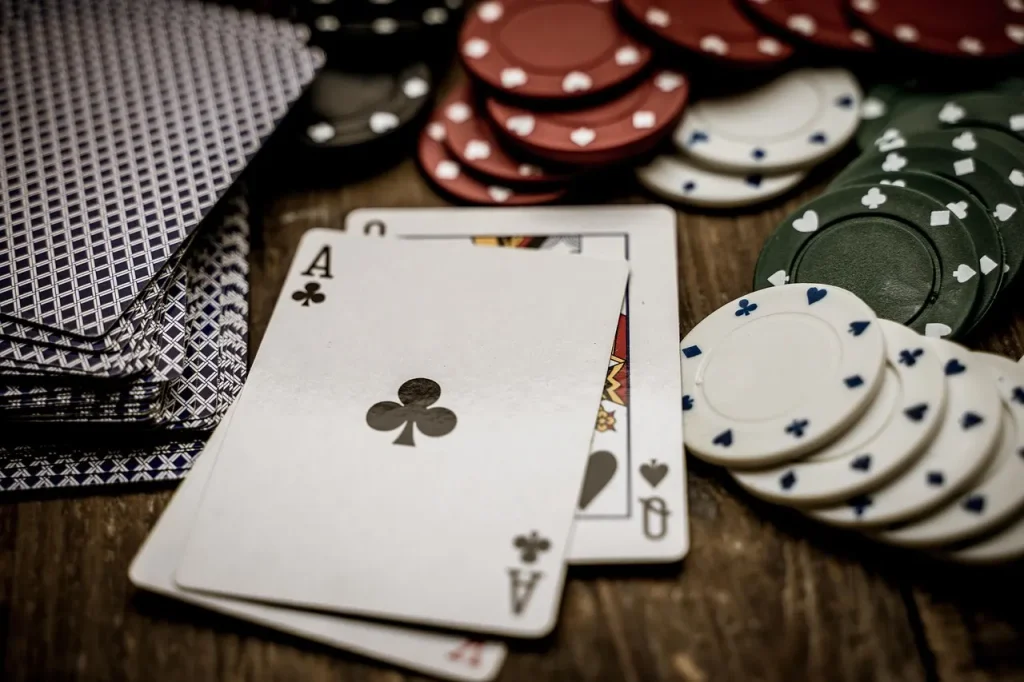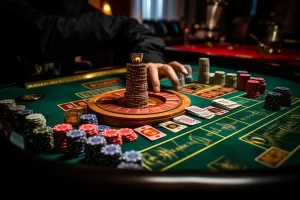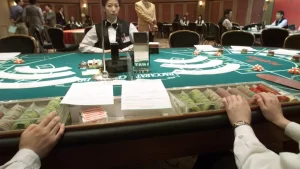Cultural variations of Baccarat across Asia

Walk into any major casino from Macau to Manila, and you’ll notice something immediately. The energy is different. The loud, celebratory chaos of a craps table is replaced by a hushed, almost reverent focus. The center of gravity is a long, green table. And around it, a quiet congregation. This is the temple of Baccarat in Asia. It’s not just a game; it’s a cultural artifact, a social ritual, and for many, a serious pursuit. But here’s the fascinating part: it’s not a monolith. The way Baccarat is played, perceived, and even superstitiously approached shifts dramatically as you move across the continent. Let’s dive in.

Macau: The Undisputed King of Baccarat
Macau didn’t just adopt Baccarat; it built an entire global gaming empire upon its back. Honestly, the numbers are staggering. Over 90% of casino revenue in Macau comes from this single game. It dwarfs everything else. This isn’t a preference; it’s an obsession rooted in deep cultural and practical reasons.
Why the Dominance?
Well, for high-rolling gamblers, predominantly from mainland China, Baccarat offers a potent mix. It’s fast, the house edge is transparent and low (especially on the Banker bet), and it feels like a game of pure luck. This aligns perfectly with cultural attitudes. Skill-based games can imply you’re challenging the gods of fortune. Baccarat? You’re just respectfully asking for their blessing.
The VIP Rooms and the “Mythical” Whales
The real action happens away from the main floor. Macau’s infamous VIP rooms, or “junkets,” cater to the ultra-wealthy. These are private, opulent spaces where the stakes are almost unimaginable. The cultural nuance here is about face and privacy. These players aren’t there for a night out; they’re conducting a high-stakes transaction away from prying eyes. The relationship with the junket operator is built on trust and credit—a system deeply embedded in business culture.
Mainland China: The Underground Pulse
Gambling is illegal in mainland China. Full stop. But, you know, human nature and a deep cultural affinity for games of chance find a way. The game thrives underground and in digital forms. The cultural variation here is one of adaptation and discretion.
Wealthy individuals often travel to Macau. For those who can’t, underground rings operate discreetly. The game itself remains the same, but the context is shrouded in secrecy. It’s less about the glittering casino experience and more about the raw act of wagering. This has also fueled the rise of online live dealer Baccarat, where players can access tables streamed from Cambodia or the Philippines, a legal gray area that satisfies the urge from the comfort of home.
Southeast Asia: A Tapestry of Traditions
Venture into Singapore, the Philippines, or Vietnam, and you’ll see Baccarat’s popularity, but often with a different flavor. It’s more integrated into a wider menu of games. Sure, it’s still the top earner, but it shares the stage with others.
Singapore: The Refined Approach
Singapore’s integrated resorts, like Marina Bay Sands, cater to an international crowd. The play is still serious, but the atmosphere is more… corporate. It’s luxurious but less intensely singular than Macau. You’re as likely to hear English as Mandarin. The cultural variation is one of dilution through international influence.
The Philippines and Vietnam: Rising Stars
Manila’s casinos are aggressively chasing the Macau model, targeting the same VIP market. The cultural adoption here is newer, an economic strategy as much as a cultural pastime. In Vietnam, gambling is restricted mostly to foreign-passport holders in designated casinos. This creates a weird dynamic where the local passion for the game is funneled into these specific, exclusive spaces or, again, underground.
The Symphony of Superstition
This is where the cultural variations of Baccarat get truly fascinating. The game is a canvas for deep-seated beliefs. It’s not just about the cards; it’s about the energy, the rituals, the feng shui.
- Number Taboos: The number 4 is avoided like the plague because it sounds like the word for “death” in Cantonese and Mandarin. You’ll never see a Table 4. Conversely, the number 8 is incredibly lucky (prosperity). Tables numbered 8 are highly sought after.
- Rituals of the Cards: Players will often bend the corners of cards or blow on them to “change their energy.” It’s not uncommon to see a player refuse to touch their cards if they feel the vibe is wrong.
- The Seat Matters: Where you sit is crucial. Many believe certain positions at the table are luckier than others, often based on the flow of qi or their own past experiences at that spot.
Dealers in Macau are trained in these superstitions. They understand that their role is part croupier, part priest. Rushing a player who is performing a ritual is a serious faux pas. The entire pace of the game accommodates this spiritual dimension.
A Game by Any Other Name: Punto Banco
Here’s a key point of confusion. What Asia plays is almost exclusively “Punto Banco.” It’s a version of Baccarat where all plays are fixed by the rules. The player has no choices. This is crucial. It reinforces the game as pure chance, a vessel for fate. This distinguishes it from European versions like Chemin de Fer or Baccarat Banque, where players make decisions. The cultural preference is clear: no room for strategy, only for fortune.
Beyond the Casino: Baccarat in Everyday Life
The game’s influence leaks out into broader culture. During major holidays like Chinese New Year, families might play a simplified version at home for fun and to welcome prosperity for the year ahead. It’s a social lubricant, a way to bond. In movies, particularly from Hong Kong, the Baccarat table is a classic trope to signify high stakes, wealth, and dramatic tension.
So, the next time you see that quiet, intense table, you’ll see more than a card game. You’ll see a story. A story about luck and how an entire continent chooses to court it. From the whispered rituals in Macau to the discreet online games in Shanghai, it’s a practice woven into the fabric of life, changing its pattern in every new place it calls home.








